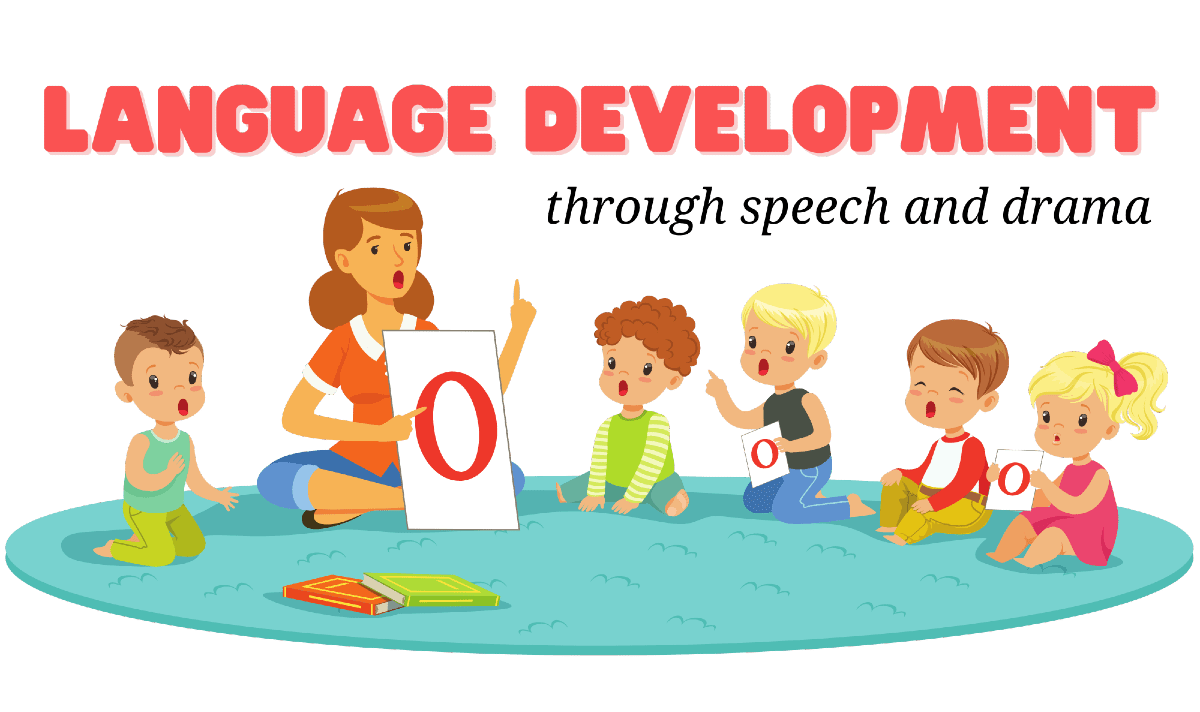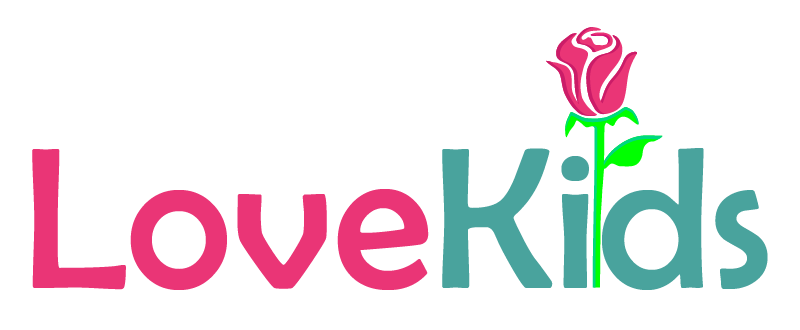
Language Development through Speech and Drama
Drama can be used as a tool to transport our children into magical realms governed by their own imagination. A mere classroom setting could be altered into a space odyssey in a matter of seconds. The very sound of lions roaring could turn a blank space into an unforgiving jungle. What seems like an everyday classroom setting could be hiding its greatest quality, the capability to support a child’s development.
 Drama, in many ways, mirrors the abilities needed in “play”. Children are required to ideate, sequence and execute their plans which bring about a satisfactory outcome. These are integral skills which need to be developed as children progress from preschool to primary school. Let’s not forget that a child’s behaviour is very much shaped by their interactions with their environment and the individuals who are in it. Drama allows play to become a group activity with communication being the vital key.
Drama, in many ways, mirrors the abilities needed in “play”. Children are required to ideate, sequence and execute their plans which bring about a satisfactory outcome. These are integral skills which need to be developed as children progress from preschool to primary school. Let’s not forget that a child’s behaviour is very much shaped by their interactions with their environment and the individuals who are in it. Drama allows play to become a group activity with communication being the vital key.
Drama also possesses an unseen quality which is to cultivate the development of language. It allows children to indirectly communicate in group settings as well as individually. A group setting could be one that is informal and unstructured e.g., a group of friends conversing about daily or personal events. It could also be a formal and structured one e.g., a team meeting whereby individuals bring their own unique viewpoint to the table. In both settings, various aspects of communication are introduced and built upon. However, a child lacking in communication skills will have adversities.
Constructs affected by Poor Language Development
Turn taking is a very important concept of two-way communication. It allows both parties to understand each other, know more about each other and have trust in one another.
When children have language development issues, it will affect their understanding of topics or themes taught in class. A regular class setting would be overwhelming and the child would be disengaged.
If children are unable to speak, they would have a higher propensity of being unable to make out sounds. Reading would be almost impossible which further compounds the ability to write and spell.

A child who is unable to communicate their emotions would act out in frustration or as a non-verbal way to communicate. This acting out could be mistaken as “bad behaviour” and negative and positive punishments are applied to extinguish the behaviour. However, the child would still be unable to communicate effectively and the cycle may repeat itself.
Children would look to make friends for various reasons. They may form a group to ensure support when faced with an unfamiliar situation (so that a child will not be alone in class), work as a group to complete a goal (collaboration) and learn how to crowdsource to gain another’s perspective or find a novel solution. They would learn indirect social skills such as conflict resolution and social competence.
Being unable to speak and communicate, children might view their abilities and their self- worth as being lower than their peers. They might further recluse into their shell and shut themselves off from the world.
How can Speech and Drama allow such children to flourish?
Firstly, a child will be exposed to the correct context and syntax of sentence structure in terms of written and verbal communication. The meaning of a simple phrase such as “ground level” could be misconstrued if the words are switched to “level ground”.
Secondly, a child is able to start and build a vocabulary bank. In the story of Charlie and the Chocolate factory, Veruca Salt can be seen as a character who was disobedient and ultimately classified as a “bad nut”. By acting out the story and reinforcing the phrase, children are able to understand what it meant and the context it was used in.
Thirdly, children can learn how to communicate their emotions and put themselves in the shoes of others. Through this, they are able to see the world through someone else’s perspective and overcome egocentrism. A child being egocentric hinders the possibility for communication as the language being spoken or communication being displayed is unable to be passed on. The person that the message was intended for might lose interest. Hence, all communication grinds to a halt.
 Fourthly, speech and drama boosts communicative competence. Children are thrust into scenarios that mirror real-life. They will become aware of attitudes and evaluations that accompany behaviours that are displayed. Take for example, a poacher (teacher) looking to make a quick buck by hunting an elephant. The children quickly band together to form a human chain-link protecting the elephant from harm. Any attempt to break the barrier is accompanied by firm “no’s” and disdain from the class. This indicates the tolerance for unacceptable behaviour is low. When children mirror these interactions in other scenarios, they are able to generate meaningful life-like interactions.
Fourthly, speech and drama boosts communicative competence. Children are thrust into scenarios that mirror real-life. They will become aware of attitudes and evaluations that accompany behaviours that are displayed. Take for example, a poacher (teacher) looking to make a quick buck by hunting an elephant. The children quickly band together to form a human chain-link protecting the elephant from harm. Any attempt to break the barrier is accompanied by firm “no’s” and disdain from the class. This indicates the tolerance for unacceptable behaviour is low. When children mirror these interactions in other scenarios, they are able to generate meaningful life-like interactions.
Lastly, speech and drama provides a low stress, positive environment that is supported by positive rewards. Throughout a lesson, students are encouraged to join in and are given the opportunity to speak. This contributes valuable nuggets of information. Phrases and vocabulary words that have been focused on are reinforced through vocal articulation and are dramatized. Children are allowed to make mistakes which are redirected into positive moments. Upon completing their goal, children are met with approval and acknowledgment of their efforts. This constant positive reinforcement allows them to build confidence and step up to be heard.
Hence, participation in drama can benefit children’s language development, communication, social ability, academic performance and confidence!
Written by
Thalvin Sandhu
Educator at LoveKids / LK Academy
Bachelor of Arts Psychology and Neuroscience
Bachelor of Business Economic and Finance
LoveKids Serangoon Gardens
24A Maju Avenue
Singapore 556696
LoveKids Sembawang
407 Sembawang Road
Singapore 758386
REGISTRATION
ABOUT US
SPECIALIZED PROGRAMMES
Specialised Speech and Drama Programme for Infants
( *Only at LK Sembawang* )
Specialised Speech and Drama Programme For Toddlers, Playgroup, N1
Speech and Drama with Public Speaking for Nursery
Speech and Drama with Public Speaking for K1
Specialised One-on-One Learning Support Classes for Preschool
Confidence for PSLE English for P5

